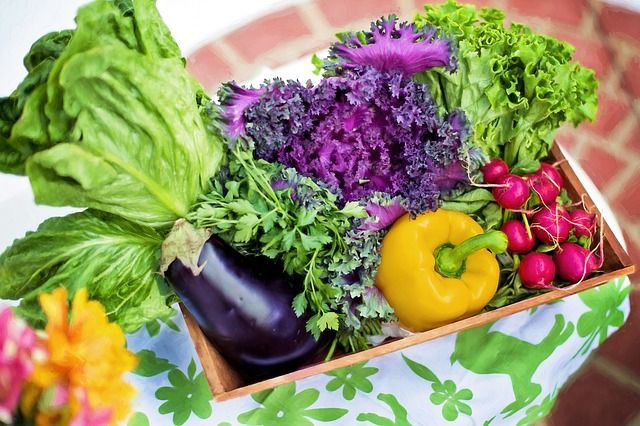What Is 'Clean' Eating? 33 Healthy Foods For Weight Loss

You've heard it before, maybe seen it splashed across magazines, but what does it mean to eat clean? Simply put, the phrase means to eat the healthiest choices from each food group as part of a hearty, natural meal. People who have a “clean” diet consume a ton of vegetables, fruits, nuts, seeds, whole grains, lentils and beans, as well as healthy oils, proteins and fats.
Clean eating also means staying away from processed and packaged foods that were created artificially. Basically, don’t eat any snacks with ingredients that you can’t pronounce. Additionally, a clean diet limits salt and added sugars while embracing in-season eats, hence a big push for cooking at home.
Why eat clean?
Besides weight loss, there are many benefits of eating a natural diet. Overall health and happiness, two results of eating clean, lead to longer life and longevity. Following the diet will also help you to be more mindful and energetic. And if done correctly, you can also save a noticeable amount of money each month on food.
Possibly most importantly, eating clean is better for the environment and human race. In 2003, the American Journal of Clinical Nutrition reported that “the major threat to future survival and to US natural resources is rapid population growth” and “the lacto-ovo vegetarian diet is more sustainable than the average American meat-based diet.”
When to eat and how much
If you really want to embrace the health and weight loss benefits of eating clean, it’s important to regulate your portions and eating schedule. Try having five or six small meals each day, and eating every two to three hours. Also, some experts suggest it's best to have you last meal by 8:30 p.m. and to never skip meals.
To make it even easier, we rounded up 33 of the healthiest foods for weight loss:
Grains: Quinoa, brown rice, rolled oats, tortillas, almond flour, coconut flour,
Nuts: Pistachios, walnuts,
Lean protein: chicken, turkey, fish, black beans, egg whites,
Veggies: spaghetti squash, avocado, cauliflower, spinach, kale, eggplant,
Fruits: Pineapple, watermelon, oranges, lemons, berries, tomatoes,
Healthy oils: Olive, sesame, coconut,
Dairy: Non-fat greek yogurt, cottage cheese,
Extras: Unsweetened applesauce, garlic, chia seeds, unsweetened almond milk
Tips for embracing clean eating
Drink lots of water.
Focus on getting the daily recommended amount of fruits (two) and vegetables (three) per day
Instead of salt and condiments, swap in an array of spices, fresh herbs, and vinegars or citrus,
Meat has a lot of of saturated fat and cholesterol — so just eat less of it. (Yes, you can still have a little bit of bacon.)
Reward yourself for eating well and have a not-so-clean treat sometimes. Science actually says it can be good for you in the long term.
Published by Medicaldaily.com



























